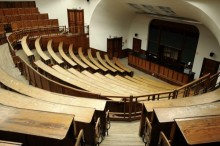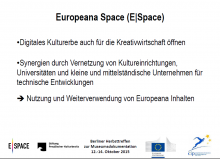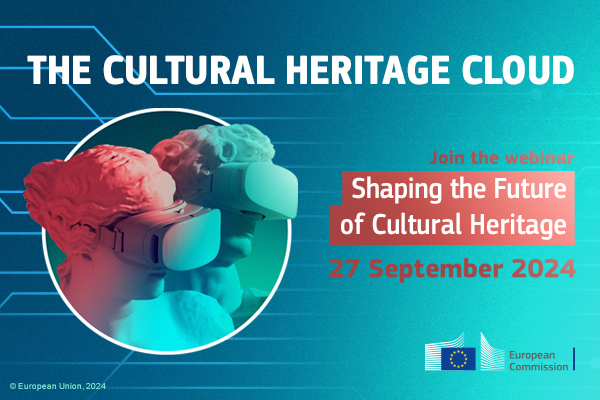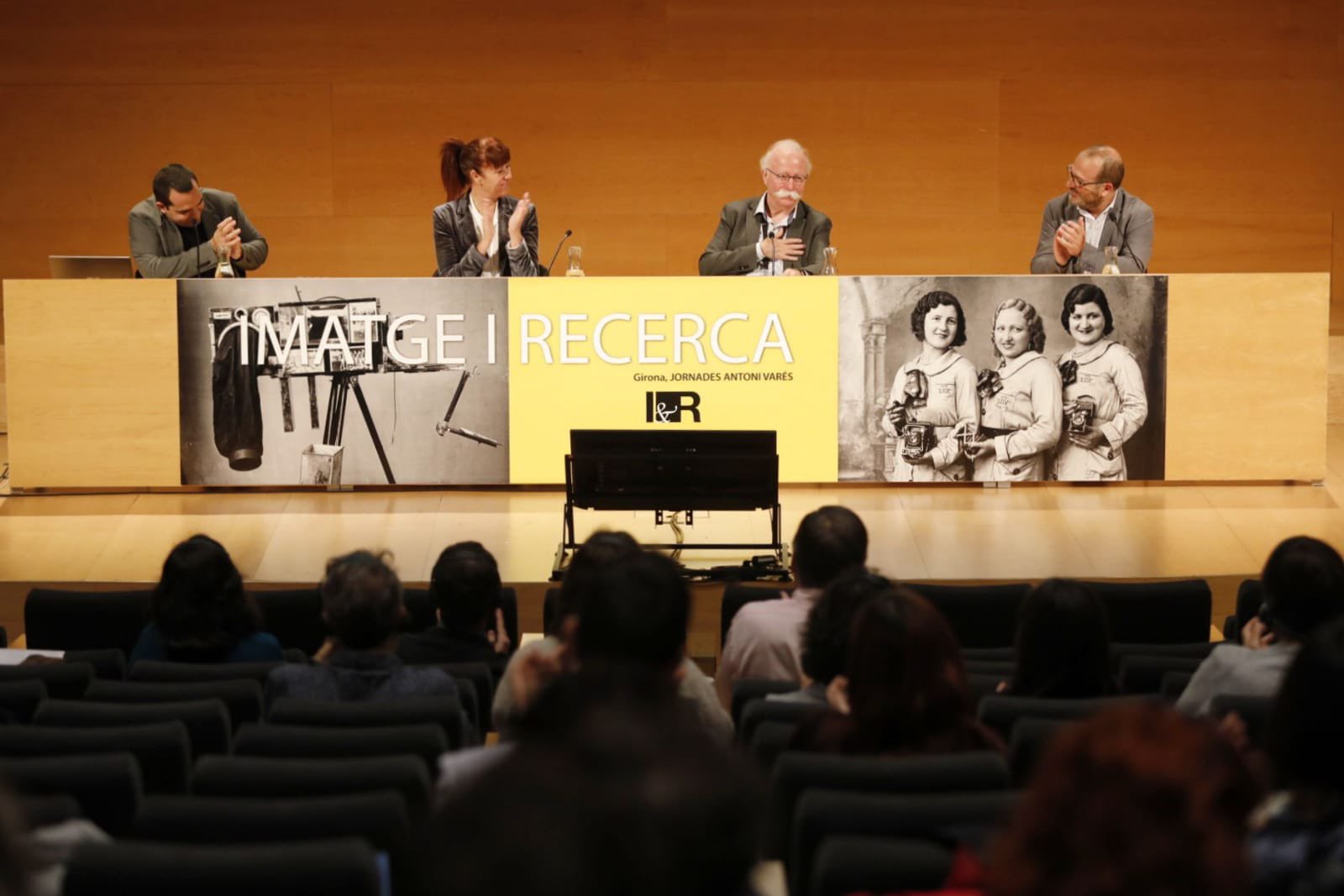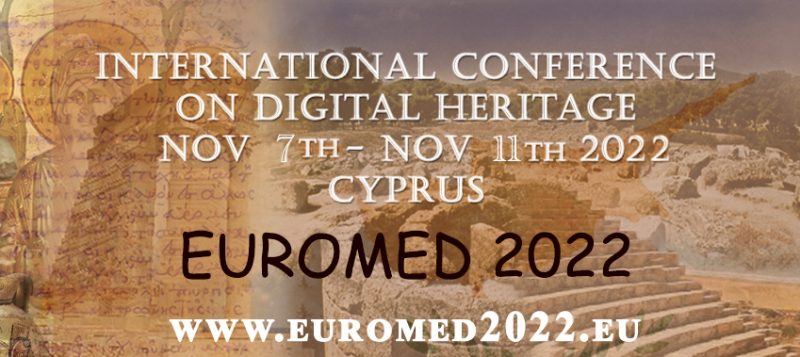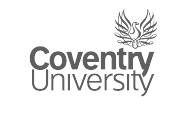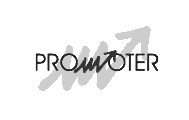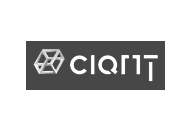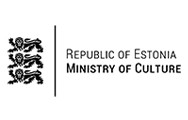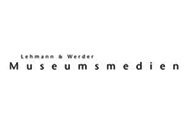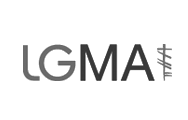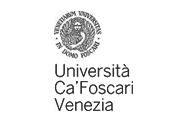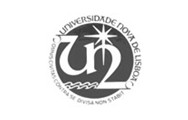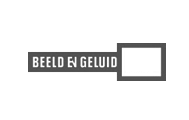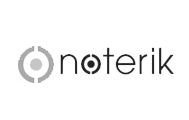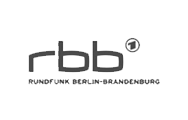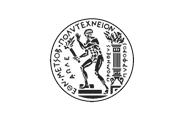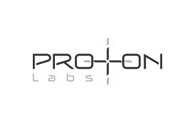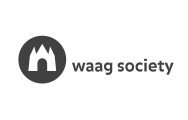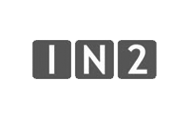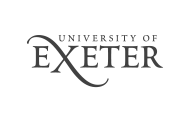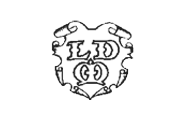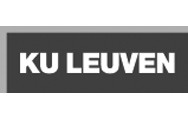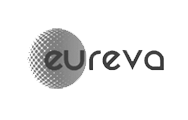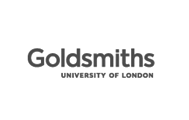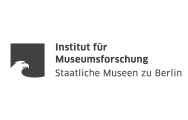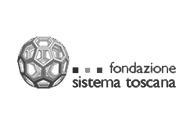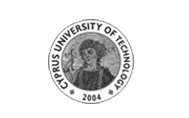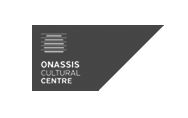 Kick off meeting of the new project Europeana Space took place in Leuven, hosted in the glorious venue of the Auditorium at STUK (a place where generations of university students spent hours of their time learning and studying, now become an arts center). Beside the project members, participants in the meeting were the EU Officer Marcel Waletet and the deputy director of Europeana Foundation Harry Verwayen.
Kick off meeting of the new project Europeana Space took place in Leuven, hosted in the glorious venue of the Auditorium at STUK (a place where generations of university students spent hours of their time learning and studying, now become an arts center). Beside the project members, participants in the meeting were the EU Officer Marcel Waletet and the deputy director of Europeana Foundation Harry Verwayen.
This is going to be a great project indeed: comprising 29 partners from a range of organisations and sectors that together create a rich group, the objectives of the project are for the use and reuse of Europeana and other digital content, with final aim to create new opportunities for economic growth and jobs.
The project will build three spaces to ensuring access to digital cultural content (Technical Space, a technical framework consisting of an ICT-based infrastructure and associated tools), to providing guidelines, tools and methods for managing IPR, clearing copyright and exchanging open content (Content Space) and to fostering creative entrepreneurship within an environment for exploitation of content, applications and services (Innovation Space). Integration of the three project spaces is fundamental of course and will be fostered through themed pilots, open network and exploitation of outputs for growth. There will be a broad reach of impact aimed at SMEs, the creative industries and individuals, through a rich set of user validated applications and services.
Europeana Space was very well evaluated by the EC, resulting one of the few winner projects of the call it applied to. 190 proposals were submitted in response to this call in year 2013; 61 in the Theme 2 of which 5 only awarded, among which Europeana Space.
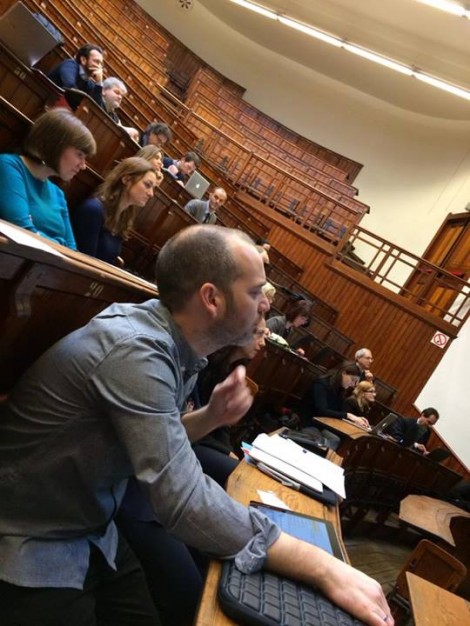
Big expectations are put in this project, in the light of unlocking the economic potential of the digital cultural heritage, and also for fostering a true cooperation with Europeana and other creativity projects and initiatives such as Europeana Creative and the upcoming Europeana Lab. In facts, it is crucial to connect those who are doing similar things, to foster synergies and new ideas.
During the plenary meeting, presentations of the 6 pilots were delivered by the involved partners, launching interesting ideas to be developed. The overall orchestration of the pilots in the different thematic areas is a very important issue and the joint coordination of the area, by WP leader iMINDS with cooperation of the pilots coordinators and Promoter as co-leader, has already started, including a WP4 organizational meeting to be held in Brussels on 19-20 March 2014.
The six pilots are the following:
- EuropeanaTV, coordinated by NISV and with the participation of Istituto Luce, Noterik, NTUA, RBB, Proton Labs
- Photography, coordinated by KU Leuven with the participation of iMINDS, Promoter, EUREVA, Cyprus University of Technology, Culture Label
- Dance, coordinated by Coventry University with the participation of IN2 and University of Lisbon
- Games, coordinated by Coventry University
- EuropeanaPublishing, coordinated by Goldsmiths with the participation of Coventry University
- Museums, coordinated by Fondazione Sistema Toscana with the participation of Estonian Ministry of Culture, Museum Medien, Lithuanian Art Museums, EUREVA, SPK, Culture Label
Exploitation and demonstration actions are strictly linked to the development of the thematic pilots: the hackathons, monetisation workshops and demonstrators will be the project’s showcase to the creative industry, demonstrating how to use Europeana resources and therefore the advantages of creative re-use of on-line collections, of course keeping in the right consideration the IPR framework.
The kick-off meeting was already the place to start the organization of the first public event of Europeana Space: the appointment is in Venice, in October 2014 with a great opening conference organized by the hosting partner Università Ca’ Foscari.



